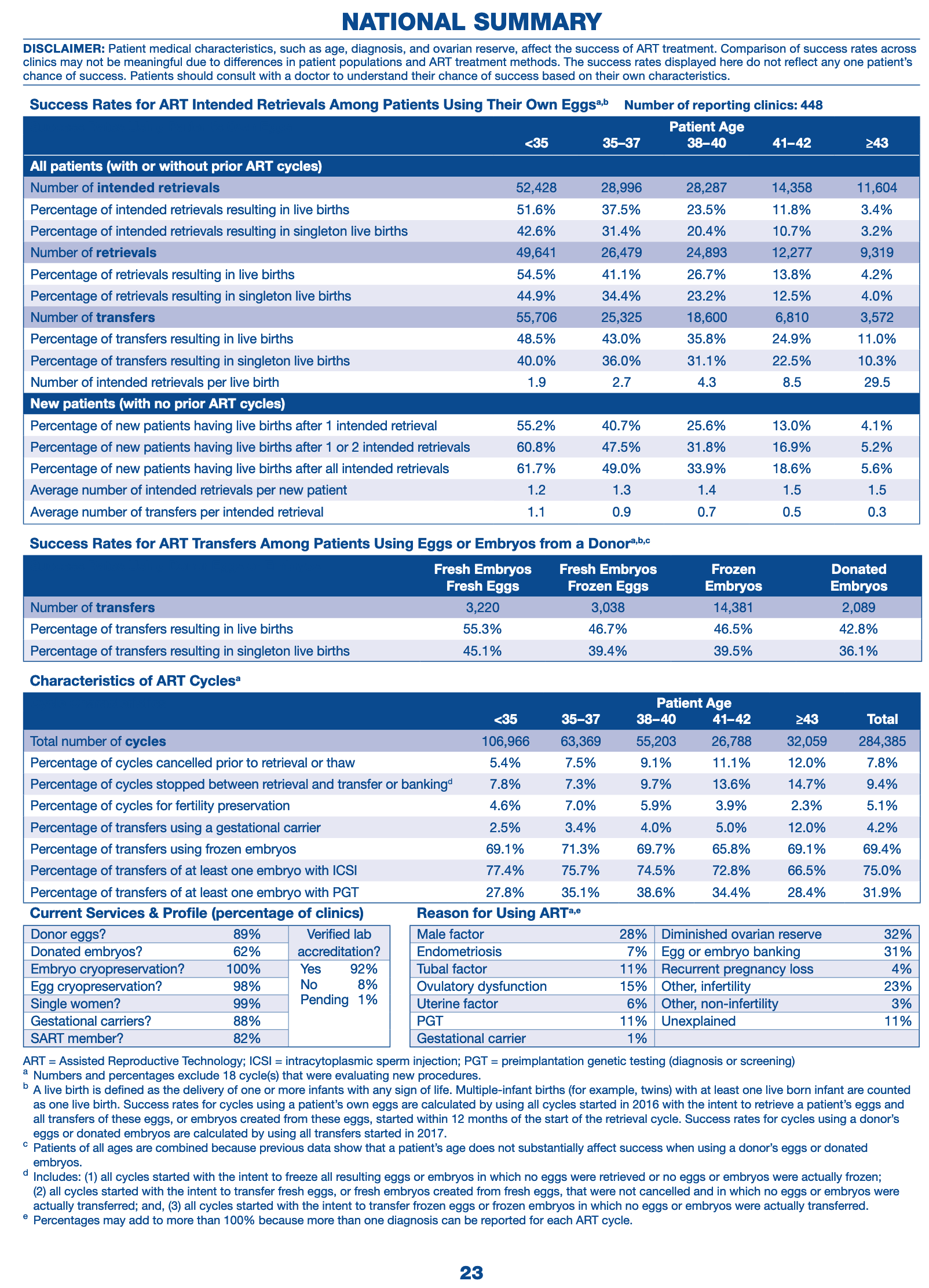All Categories
Featured
Table of Contents
The Best Reproductive Clinics New Mexico Service?
Many individuals require fertility assistance. This includes males and females with infertility, lots of LGBTQ individuals, and single individuals who prefer to raise children. An approximated 10% of women report that they or their partners have ever received medical help to end up being pregnant. In spite of a requirement for fertility services, fertility care in the U.S.

Typically, fertility services are not covered by public or personal insurers. Fifteen states need some personal insurers to cover some fertility treatment, however significant spaces in coverage remain. Just one state Medicaid program covers any fertility treatment, and no Medicaid program covers synthetic insemination or in-vitro fertilization.

This implies that in the lack of insurance protection, fertility care is out of reach for many individuals. Fewer Black and Hispanic women report ever having used medical services to become pregnant than White females. This is an outcome of numerous factors, consisting of lower earnings typically amongst Black and Hispanic ladies as well as barriers and misconceptions that may dissuade women from looking for support with fertility.
Who Is The Best Fertility Clinic Albuquerque Nm Company?
Transgender individuals going through gender-affirming care might likewise not satisfy criteria for "iatrogenic infertility" that would qualify them for covered fertility conservation. Lots of people need fertility help to have kids. This might either be due to a diagnosis of infertility, or due to the fact that they remain in a same-sex relationship or single and desire kids.

Fertility treatments are pricey and frequently are not covered by insurance coverage. While some personal insurance coverage strategies cover diagnostic services, there is extremely little protection for treatment services such as IUI and IVF, which are more pricey. Many people who use fertility services must pay of pocket, with costs often reaching countless dollars.
About 25% of the time, infertility is triggered by more than one aspect, and in about 10% of cases infertility is unexplained. Infertility quotes, however do not represent LGBTQ or single individuals who might likewise require fertility assistance for household building. Therefore, there are varied reasons that may prompt people to seek fertility care. residential dumpster rental.
How Much Does Ivf Centers New Mexico Service Cost?
35.3588906898588,-106.342370040468Client Information Series. 2017 Our analysis of the 2015-2017 National Study of Family Development (NSFG) finds that 10% of women ages 18-49 state they or their partner have ever spoken with a doctor about methods to help them end up being pregnant (data not revealed).3 Amongst ladies ages 18-49, the most frequently reported service is fertility recommendations ().
Numerous patients lack access to fertility services, largely due to its high cost and minimal coverage by private insurance coverage and Medicaid. As an outcome, lots of people who use fertility services must pay of pocket, even if they are otherwise insured. Expense expenses vary commonly depending upon the client, state of house, service provider and insurance coverage plan (Plymouth MA Dumpster Rental).
Figure 3: Fertility Treatments Normally Expense Patients Countless Dollars Insurance coverage of fertility services varies by the state in which the individual lives and, for people with employer-sponsored insurance, the size of their company. Numerous fertility treatments are ruled out "medically needed" by insurance companies, so they are not typically covered by personal insurance coverage strategies or Medicaid programs.
How Much Does It Cost To Have A Ivf Doctor Albuquerque Nm?
g., screening) are more likely to be covered than others (e. g., IVF). A handful of states require protection of fertility services for some fully-insured personal strategies, which are managed by the state. These requirements, nevertheless, do not use to health insurance that are administered and funded directly by employers (self-funded plans) which cover 6 in ten (61%) workers with employer-sponsored medical insurance.
Two states (CA and TX7) need group health plans to offer a minimum of one policy with infertility protection (a "required to offer"), but companies are not needed to select these strategies. Figure 4: Most States Do Not Need Private Insurance Providers to Offer Infertility Benefits Nevertheless, in states with "mandate to cover" laws, these just use to particular insurance companies, for particular treatment services and for particular patients, and in some states have financial caps on costs they should cover ().
In other states, almost all insurers and HMOs are consisted of in the required (Dumpster Rental Plymouth Massachusetts). Numerous states offer exemptions for small companies (
Table of Contents
Latest Posts
Who Has The Best Ivf Clinics Near Me Albuquerque Nm?
Best Fertilization Center Albuquerque Nm Store Near Me
What Is The Best Fertility Facility Albuquerque Nm Manufacturer
More
Latest Posts
Who Has The Best Ivf Clinics Near Me Albuquerque Nm?
Best Fertilization Center Albuquerque Nm Store Near Me
What Is The Best Fertility Facility Albuquerque Nm Manufacturer